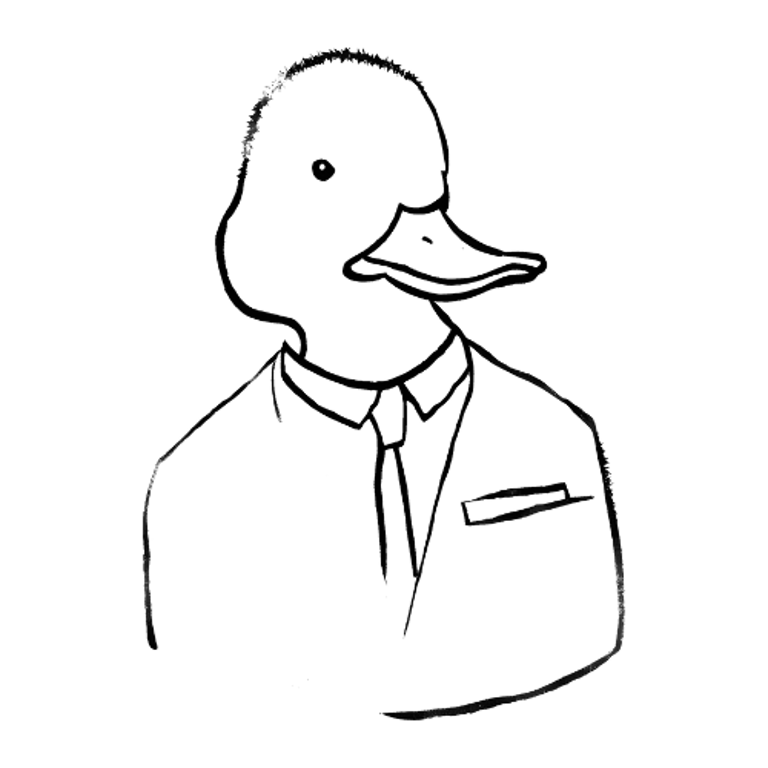Four Poems | Matthew Johnson
POETRY
12/27/20243 min read
Joe DiMaggio Visits Marilyn Monroe’s Grave
Joe doesn’t say much; he never did even when he was young.
His most notable outburst on the field was kicking second-base dirt
After Al Gionfriddo took away what looked
To be an extra-base hit in the ‘47 World Series.
Marilyn, regrettably, was the only one who caught Joe at his worst.
He wanted a stay-at-home wife, far from the Hollywood types;
She was the face of a new age and flashed her legs over subway grates.
The pride of a Yankee couldn’t take onlookers gawking at her,
So he was cruel and controlling, until she said no, and left him.
Years later, he’s staring at the grave of Marilyn Monroe,
His voice is choked, unable to let loose a string of apologies to a ghost.
Joe DiMaggio was named the greatest living ballplayer, in part,
Warranted from how effortless he made everything look.
But now, Joe is fidgety and shifting around,
Haunted in how he treated her and drove her away; he doesn’t say much.
Joe DiMaggio just changes the flowers of her grave
And walks away.
The Outlook of Yogi Berra
The first time he had seen a baseball,
He was playing on the streets of St. Louis
With other children of immigrants, tossing around some dirty, cut-up thing.
Before the age of 21, he saw men die and pull their bodies
From the shores of Normandy,
And when he came back to the States to become one of the best ballplayers ever,
He often saw the unflattering descriptors the press tagged onto him for his body,
More neanderthal, they would write, than Mickey Mantle,
Despite being MVP, let alone, a purple-hearted war hero.
He saw and was the closest to perfection beyond Moses.
He also swore, until his final breath, that his tag brushed on Jackie Robinson’s leg
Before the speedster touched home plate.
No one in the history of baseball may have experienced and seen as much as Yogi,
And he was a philosopher because of it.
The Practice of Routines in Martin Scorsese’s Raging Bull
When I get to bookstores and events prior to a reading,
I run to the mirror in the bathroom to practice my delivery,
Kinda like the first and last scenes of Raging Bull.
Jake LaMotta practices his routines
By reciting Brando’s speech in On the Waterfront;
I practice by reciting Langston Hughes or Macbeth’s “Tomorrow” monologue.
The first man who ever took down Sugar Ray
Has the luxury of his own dressing room.
I just hope someone isn’t on the other side of the stall or walks in,
Hearing me talk of nightlife in Harlem and civil wars in Scotland.
That wouldn’t necessarily be entertainment for them…
You taught me language, and my profit on ’t
Is I know how to curse. The red plague rid you
For learning me your language!
- Caliban, The Tempest, I. I. 437-439
The Caliban Blues
Caliban sings out of tune, and this supernatural island
Has fixed him some kind of supernatural twang,
The only gift this place that hurts has given him,
Which can’t be imitated by other chain-gangers.
He’s seen Prospero, that warden,
Come right on in and tell him to halt his songs when he’s working,
And called his mother a witch and wrenched right in front of him,
And steal the land and labor right under.
Now, Caliban sits at the bidding of a cruel taskmaster,
Who sends out and calls off the hellhounds whenever he’d like,
And consistency for all slaves is the most important thing;
That’s all they’d ask for if freedom is not attainable.
Matthew Johnson is the author of the poetry collections, Shadow Folks and Soul Songs (Kelsay Books), Far from New York State (NYQ Press), and the recently released chapbook, Too Short to Box with God (Finishing Line Press). He is an American poet who is originally from Upstate New York and Connecticut, and he now lives in North Carolina. His work has appeared or is forthcoming in The African American Review, Front Porch Review, London Magazine, Valley Voices, and elsewhere. He has been recognized with Best of the Net and Pushcart Prize nominations, a scholarship from the Hudson Valley Writers Center, a residency from Sundress Publications, and as a finalist in Grand View University's Diverse Book Award. He’s the managing editor of The Portrait of New England and poetry editor of The Twin Bill. matthewjohnsonpoetry.com
